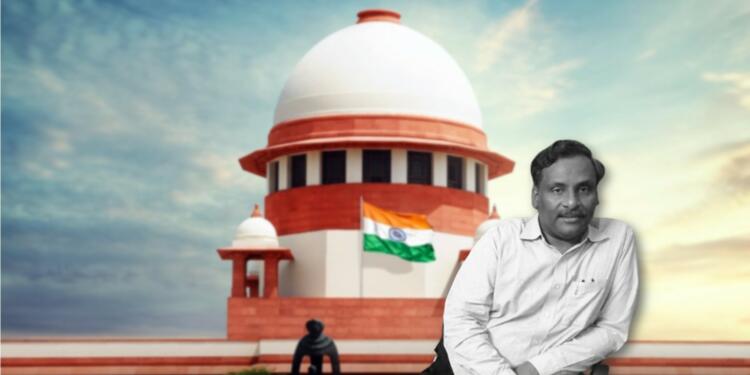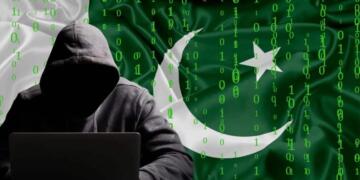Timely delivery of Justice is the foremost condition for upholding rule of law in any society. But it has been seen that many times, criminals exploit the abundance of rules, procedures and law to get away and go scot free. That is why it becomes pertinent to follow the spirit of the law rather than meticulously following the letter of the rules and procedures. Apparently, the Supreme Court has prevented a possible travesty of Justice by analysing this grave pattern of exploiting technical loopholes in the rules and laws.
Brain far more dangerous than direct involvement in violent act
In a special hearing on Saturday, the Supreme Court suspended the order of the Bombay HC releasing the ex-DU professor from jail in a Maoist linked case. The Supreme Court said that as far as terrorist or Maoist activities are concerned, the brain is more dangerous, and direct involvement is not necessary.
The apex court directed, “We are of the opinion that it is a fit case to exercise power under 390 of Code of Criminal Procedure and suspend the order of the High Court. The medical grounds of the accused were rejected by the High Court during a bail plea earlier. Thus, the High Court order stands suspended. Issue notice.”
Representing Maharashtra government, Solicitor General (SG) Tushar Mehta vehemently opposed the plea of the defendant to seek house arrest.
He said, “There is a recent tendency from urban naxals to seek house arrests. But everything can be done from within the home for them. Even by phone. Please say that house arrest can never be an option.”
SC turned down plea to seek house arrest
Accepting the rationale of SG Mehta, the apex Court turned down the plea by defendant Saibaba. He had asked to be kept under house arrest on account of medical condition rather than be sent to jail.
The apex court opined that the High Court did not consider the case on merits. It acquitted the accused on the basis of absence of sanction by the Central government which is mostly required under Section 45 of the Unlawful Activities Prevention Act (UAPA).
The SC order said, “This court is of prima facie opinion that a detailed scrutiny is required with regard to the impugned judgement since High Court has not considered the merits of the case including the gravity of the offence alleged against him.”
It added, “Offences are very serious and if the State succeeds on merits, offences are very serious against the interest of the society, sovereignty and integrity of India. High Court order is based on no sanction.”
Earlier, a two-judge bench of the Bombay High Court had allowed Saibaba to challenge a 2017 decision of the trial court. The trial court had convicted Saibaba and sentenced him to life imprisonment. But the Bombay HC bench allowed the plea on the fact that the Sessions Court framed charges against Saibaba in the absence of sanction from the Central government.
The High Court was of the opinion that terrorism poses an ominous threat to national security but a civil democracy cannot sacrifice procedural safeguards afforded to the accused.
SG Tushar Mehta had filed a plea in Supreme Court to hear the case on urgent basis.
He argued that mere inadequacy of sanction will not vitiate the trial.
The SG said, “Sanction is to ensure the accused is not subject to vexatious trial. This is not a vexatious investigation. If a full fledged trial takes place, then there is no question of sanction, and thus comes Section 465 of Code of Criminal Procedure (CrPC).”
Important to note that, Section 465 too states that a mere minor lapse is not enough to reverse or alter a court order if it doesn’t lead to injustice in the case.
The section states, “no finding, sentence or order passed by a Court of competent jurisdiction shall be reversed or altered by a Court of appeal, confirmation or revision on account of any error, omission or irregularity in the complaint, summons, warrant, proclamation, order, judgement or other proceedings before or during trial or in any inquiry or other proceedings under this Code, or any error, or irregularity in any sanction for the prosecution, unless in the opinion of that Court, a failure of justice has in fact been occasioned thereby.”
With SC suspending Bombay HC’s order, the court has established that it is far important to follow the spirit of law rather than following the letter of the law.
Support TFI:
Support us to strengthen the ‘Right’ ideology of cultural nationalism by purchasing the best quality garments from TFI-STORE.COM



























